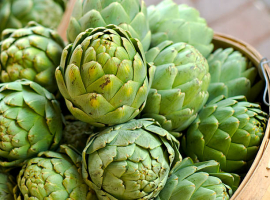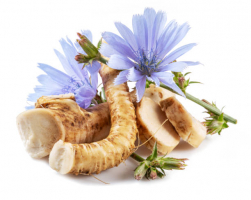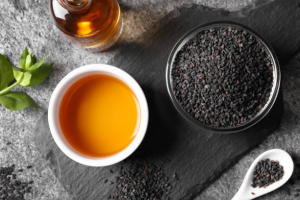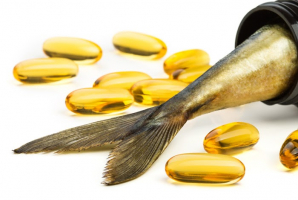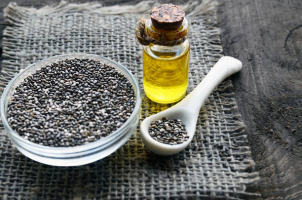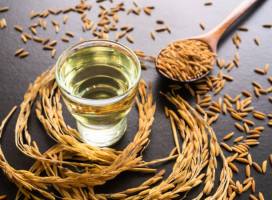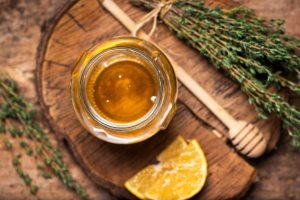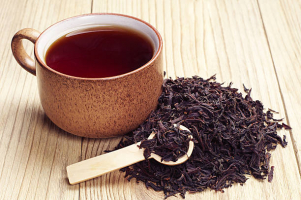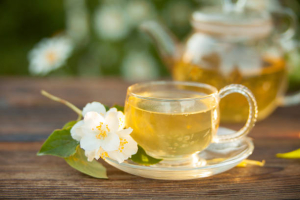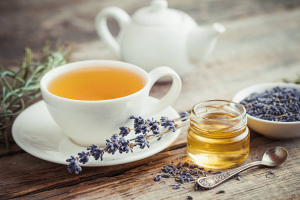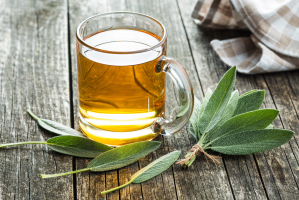Top 7 Health Benefits Spearmint Tea and Essential Oil
Similar to peppermint, spearmint, or Mentha spicata, is a form of mint. It is a perennial plant that originated in Europe and Asia but currently flourishes on ... read more...five different continents. Its name is derived from the distinctive spear-shaped leaves. Spearmint has a delightful sweetness to it and is widely used to flavor sweets, chewing gum, mouthwash, toothpaste, and other products. This herb is frequently used to make tea, which can be brewed from fresh or dried leaves. But in addition to being delicious, this mint may also be healthy for you. The most unexpected health advantages of spearmint tea and essential oil are listed here.
-
Spearmint is frequently used to treat indigestion, nausea, vomiting, and gastric discomfort. The fact that the herb spearmint naturally contains the chemical R-(−)-Carvone, which has been proven to significantly slow muscular contractions in the digestive tract, may assist to explain how this herb relieves digestive disturbances. 32 patients with irritable bowel syndrome (IBS) participated in eight-week, randomized research in which one group received a supplement containing coriander, spearmint, and lemon balm coupled with either loperamide for diarrhea or psyllium for constipation. In comparison to those in the placebo group, those who got the supplement containing spearmint at the end of the research reported reduced bloating, discomfort, and abdominal pain.
Additionally, this plant may help with chemotherapy-related nausea and vomiting. In comparison to a placebo, spearmint essential oil administered topically in one research considerably decreased the frequency of nausea and vomiting. Because of this, despite the paucity of research on the effects of this form of mint on digestion, some data points to potential benefits.
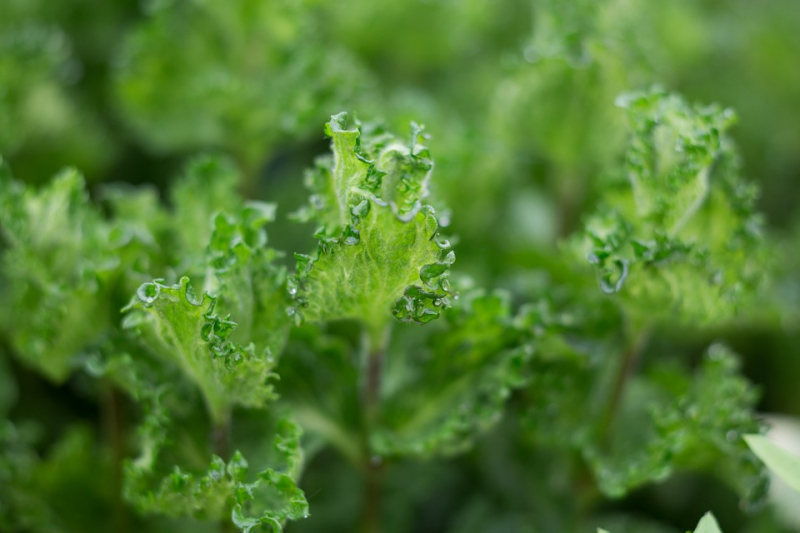
Good for Digestive Upsets 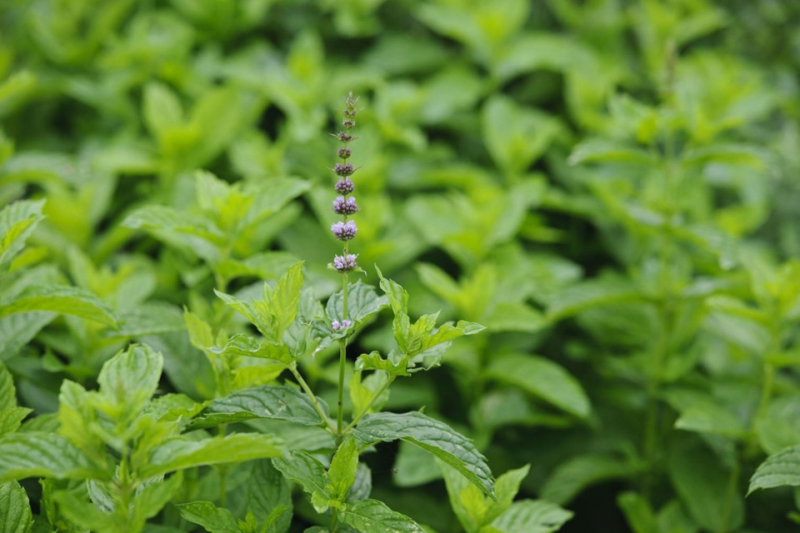
Good for Digestive Upsets -
Antioxidants, which are organic chemical substances that are naturally present in plants, aid in preventing and repairing damages from free radicals, dangerous chemicals that can cause oxidative stress. Numerous chronic diseases, such as diabetes, cancer, and heart disease, have been related to oxidative stress. Numerous antioxidant substances, such as rosmarinic acid, flavones, and flavanones like limonene and menthol, can be found in spearmint.
Additionally, 2% of the Reference Daily Intake (RDI) for vitamin C, another strong antioxidant, is provided by two tablespoons (11 grams) of spearmint. Spearmint exhibits significant antioxidant action against free radicals, according to studies. In one trial, an extract from this herb was just as effective as the synthetic antioxidant BHT at preventing beef fat oxidation.
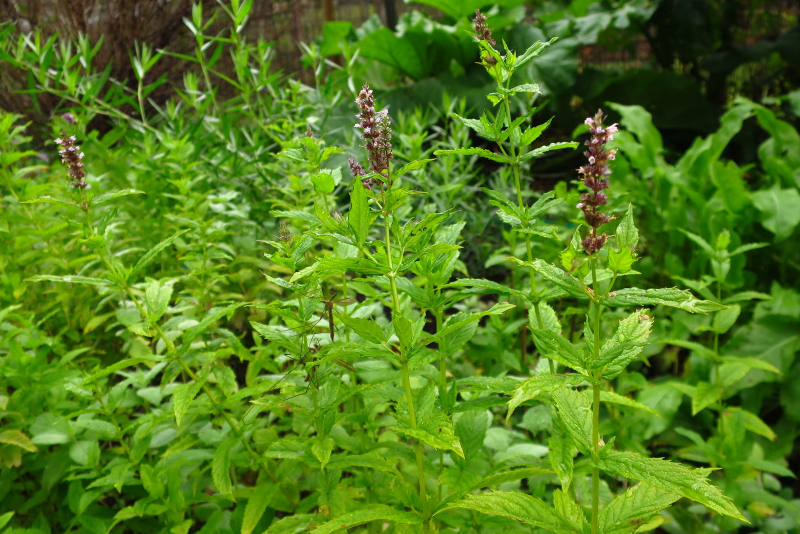
High in Antioxidants 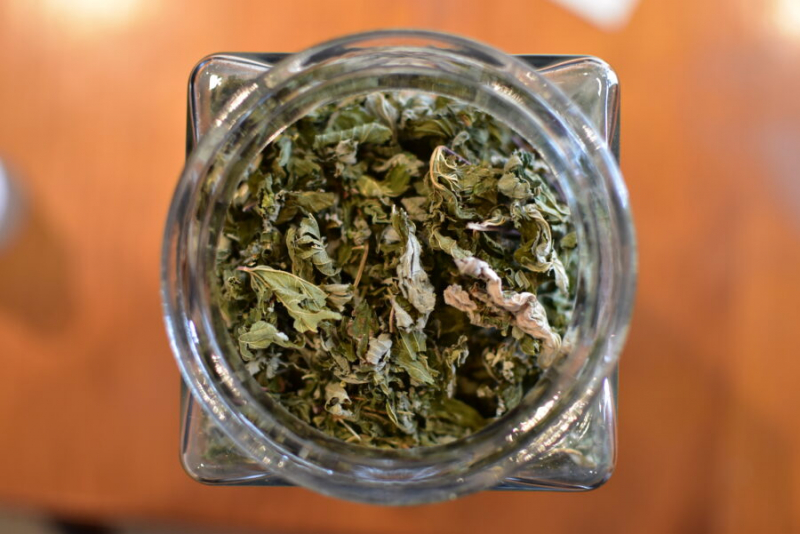
High in Antioxidants -
Spearmint tea might be therapeutic for females with hormonal problems. It can lower male hormones like testosterone while enhancing female ovulation-related hormones like luteinizing hormone (LH), follicle-stimulating hormone (FSH), and estradiol, according to studies on women. Two cups of spearmint tea per day lowered testosterone and increased LH, FSH, and estrogen levels in a five-day trial of 21 hormone-imbalanced women.
Similar to this, in 30-day randomized research, 42 PCOS women who drank spearmint tea twice daily had lower testosterone levels and greater LH and FSH levels than those who drank a placebo tea. Additionally, it was discovered that spearmint essential oil increased the number of viable eggs in the rat ovaries and reduced testosterone and ovarian cysts in a study on the animals.
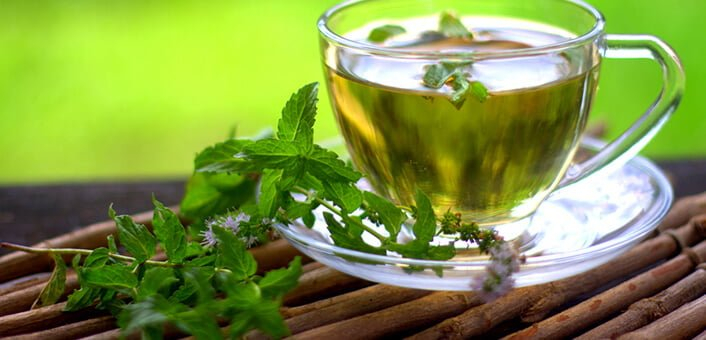
May Aid Women With Hormone Imbalances 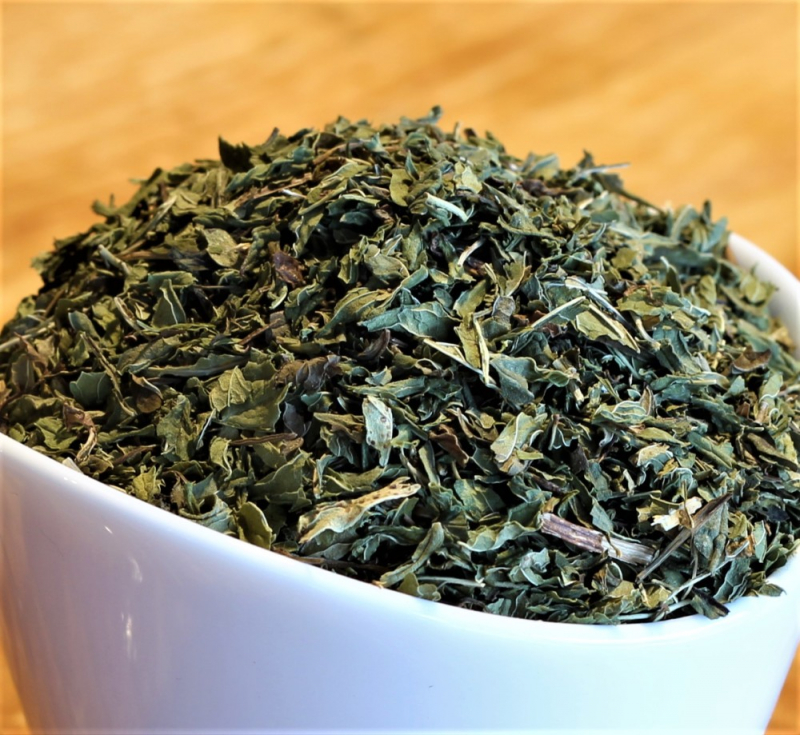
May Aid Women With Hormone Imbalances -
The growth of dark, coarse hair on the face, chest, and belly of women, known as hirsutism, may be lessened by consuming spearmint tea. In fact, it's a typical herbal treatment for unwelcome hair growth in countries in the Middle East. An excess of facial hair in women is associated with high levels of androgens, or male hormones. Drinking spearmint tea may be beneficial, according to two research on female participants with facial hair. In five-day research, two cups of spearmint tea were administered twice daily during the follicular phase of the menstrual cycle to 12 women with PCOS and nine women who had facial hair for unidentified reasons.
The women's testosterone levels were decreased, but the trial was not long enough to assess whether spearmint had an impact on facial hair. In larger, 30-day research including 41 PCOS women, those who drank two cups of spearmint tea daily reported having less facial hair. 30 days might not be long enough to notice a noticeable effect, though.
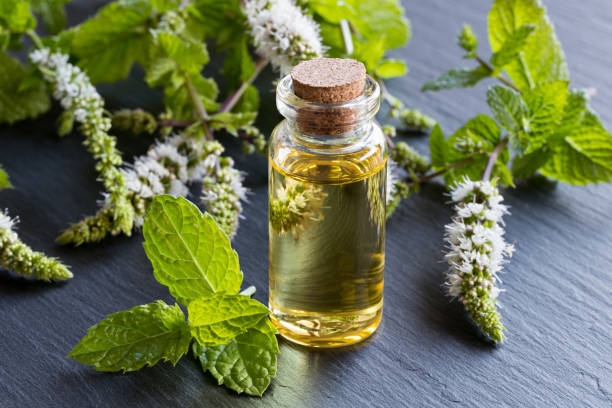
May Reduce Facial Hair in Women 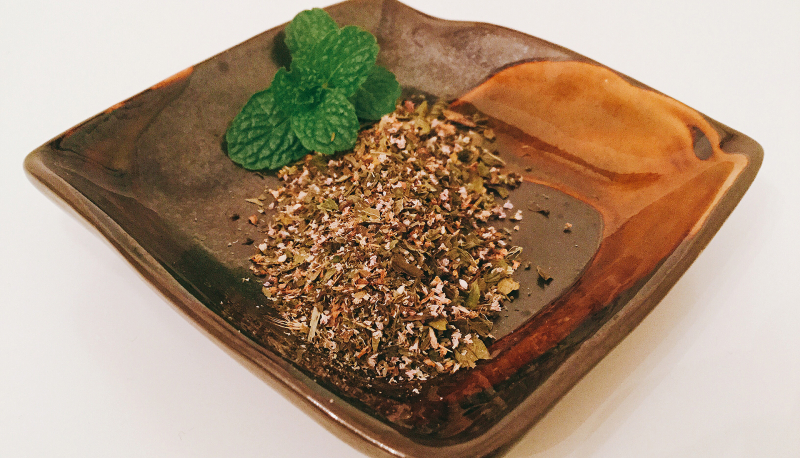
May Reduce Facial Hair in Women -
Some data suggests that this plant may assist sharpen memory. According to research, mice fed a spearmint extract had better learning and memory, as seen by their success on a labyrinth test. Previous research on people discovered that chewing gum with a mint flavor may aid enhance memory.
Later investigations, however, were unable to substantiate its positive effects. In a more recent trial, working memory in older persons with memory loss who were given daily supplements containing 900 mg of spearmint extract improved by 15%. Because of this, there is very little but encouraging research on the advantages of this form of mint for memory, especially in elderly persons.
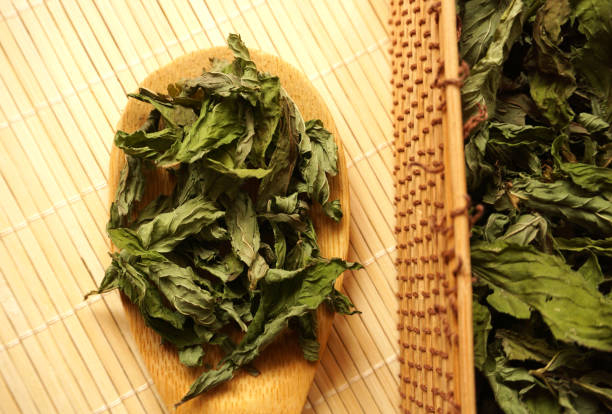
May Improve Memory 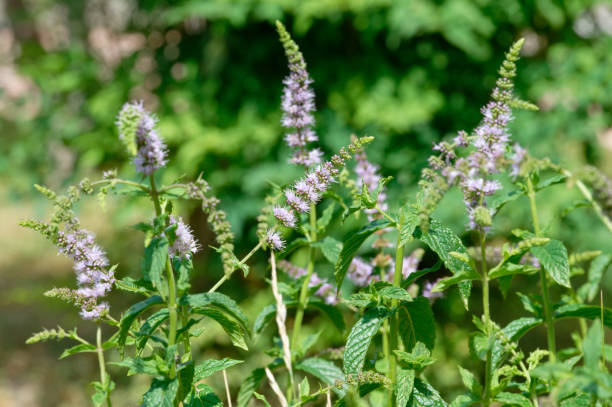
May Improve Memory -
For flavoring purposes, chewing gum, breath mints, and toothpaste frequently use spearmint. It also possesses antibacterial and antimicrobial characteristics, which can help eliminate the bacteria in your mouth that cause bad breath. Nevertheless, it does more than just make your breath smell better. According to studies, spearmint essential oil is excellent in fighting against a variety of dangerous microorganisms. Additionally, it has been demonstrated to be effective against germs like Listeria and E. coli that cause foodborne diseases.
For diabetics, spearmint tea may help reduce blood sugar levels. Animal research has yielded encouraging results, despite the dearth of human trials on this potential benefit. In one experiment, rats received a spearmint extract daily at a dose of 9 mg/lb (20 mg/kg) of body weight. Rats with diabetes exhibited much lower blood sugar levels than healthy rats, who appeared unaffected. Another 21-day research in diabetic rats revealed a 25% drop in blood sugar in those given this type of extract at a dose of 136 mg per pound (300 mg per kg) of body weight each day.
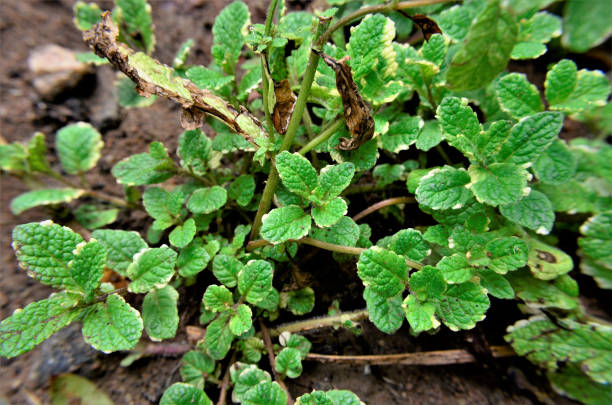
Fight Bacterial Infections and Lower Blood Sugar 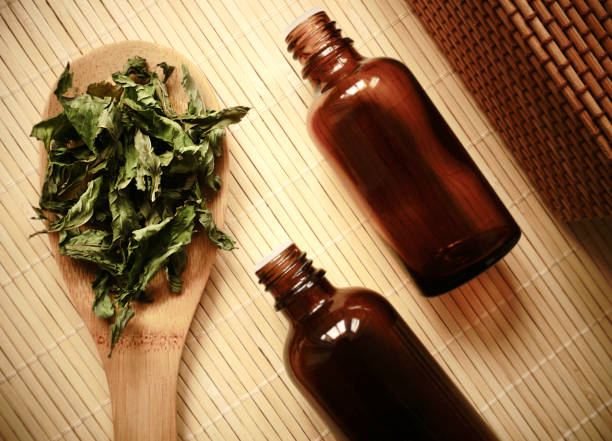
Fight Bacterial Infections and Lower Blood Sugar -
Using spearmint to treat arthritis-related joint discomfort may be beneficial. An extensive assessment of both human and animal experiments came to the conclusion that the essential oils extracted from this mint had pain-relieving properties. Similar to this, a normal cup of twice-daily spearmint tea reduced stiffness and physical disability in a 16-week study of 62 persons with knee arthritis, whereas a cup of spearmint tea rich in rosmarinic acid reduced the same symptoms and discomfort.
High blood pressure may be reduced with spearmint. Despite the lack of human studies on this potential characteristic, certain scientific data points to the possibility that this herb may have advantageous benefits in this area. (-)-Carvone, a substance found in spearmint, has been demonstrated to function similarly to calcium-channel blockers, drugs used to lower blood pressure. In fact, a common blood pressure medicine called verapamil was demonstrated to be 100 times less effective at suppressing blood vessel contractions than (-)-carvone in one animal study.
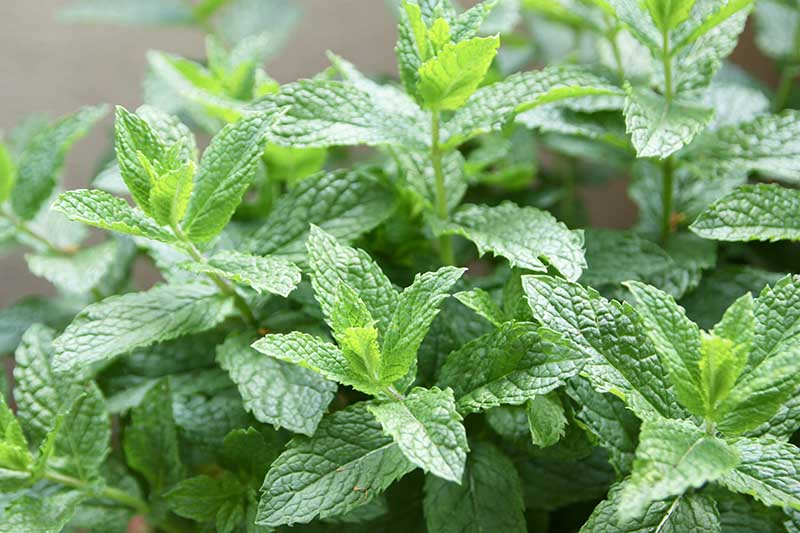
May Help Reduce Stress and May Improve Arthritis Pain 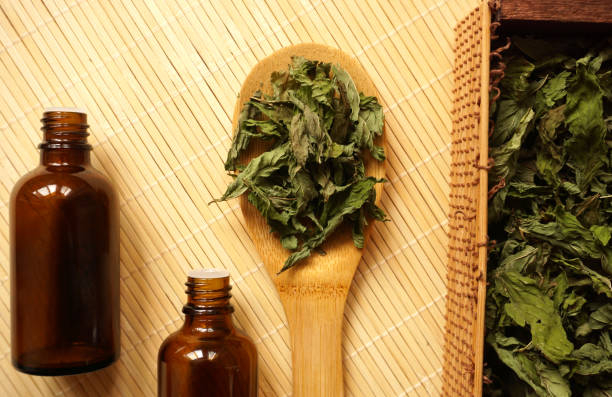
May Help Reduce Stress and May Improve Arthritis Pain











